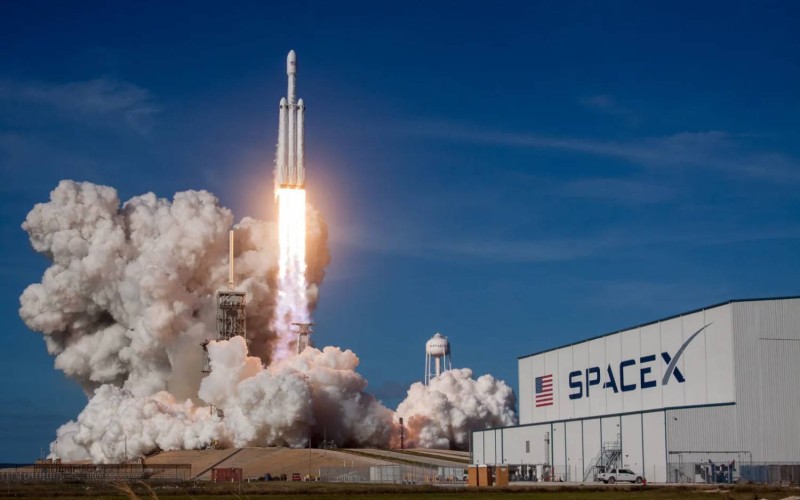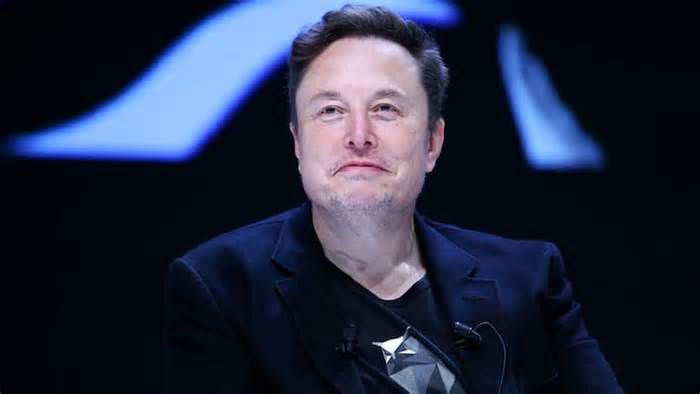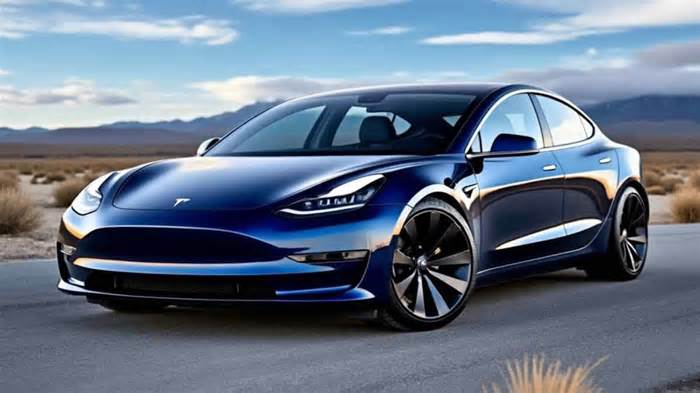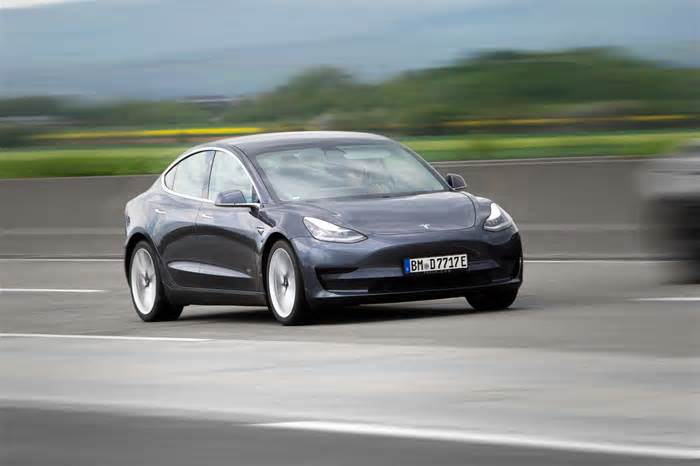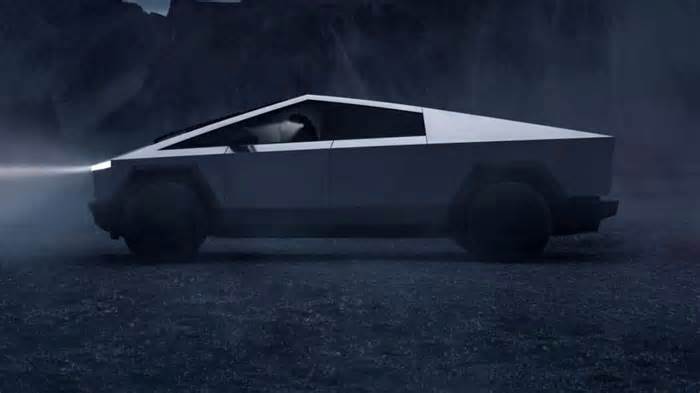
Elon Musk is turning himself into a space superpower – this is why it matters
- by The Independent
- Sep 08, 2024
- 0 Comments
- 0 Likes Flag 0 Of 5
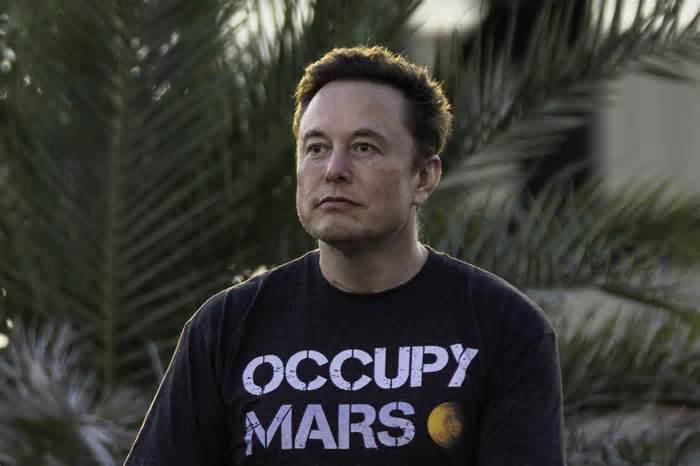
n Thursday morning, a reusable rocket on its 15th flight lifted off from Cape Canaveral on a mission that has become so routine that only local news outlets bothered to cover the event. It was the 89th orbital launch for SpaceX in 2024 – just seven shy of the record-breaking number of launches it achieved in 2023 – and onboard were 21 Starlink satellites that took the total number of its space internet constellation above 7,000.
Shortly after the Falcon 9 rocket touched back down, SpaceX boss Elon Musk posted to his social media platform X: “Starlink now constitutes roughly two thirds of all active Earth satellites.”
It is an incredible feat, taking SpaceX just five years to achieve, but it has also raised serious concerns from regulators, advocacy groups and astronomers. When Musk’s X app was banned in Brazil last week, the world’s richest person figured he could get around it by beaming it from space through his Starlink network. Musk claimed the move was in the name of free speech, calling the judge responsible for the order an “evil tyrant” and “dictator”.
Although Starlink eventually relented to the ruling, it demonstrated the power Musk is able to wield through his near-monopoly control of low-Earth orbit.
“There are concerns, especially when it comes to national sovereignty,” Paula Bernardi, a Sao Paolo-based internet policy advisor, told The Independent. “It is concerning, for example, that one person could make the decision to take down the service for hundreds of thousands of people.”
Working for the Internet Society, a non-profit advocacy group aimed at making the internet a global force for good, Bernardi noted that Starlink is also a “revolutionary” force for good through its ability to connect people in new ways.
View more
At an average rate of three new Starlink satellites in orbit every day since the first mission launched in 2019, SpaceX now has more than 6,300 active satellites orbiting Earth. The private company plans to increase its constellation to 42,000 over the coming years, holding the potential to become the world’s largest internet provider.
Starlink is already available in more than 100 countries, having expanded to Botswana, Ghana and Kenya in the last week. After initially targeting people in remote areas, the company has a relatively modest 3 million customers globally, each paying a monthly subscription to connect to the high-speed broadband network through a $300 dish.
Countries where Starlink operates (light blue) and where it plans to launch (dark blue), as of 6 September, 2024
(SpaceX/ Starlink)
As the constellation continues to expand in size, the improved speeds and decreasing costs could see Starlink challenge conventional internet service providers, while the next generation of satellites will also deliver 4G phone connectivity.
The company expects to launch the network in dozens more countries over the next 12 months, though several key markets will remain without access due to trade restrictions or strict internet censorship within the country. These include Afghanistan, China, Iran, North Korea, Russia and Syria, though some people have found ways to illegally access the network through smuggled Starlink terminals.
Activists in Iran managed to secretly import dozens of devices in 2022 in order to bypass blackouts and heavy internet restrictions in the country, despite authorities claiming they “deviate morality and culture”.
A 2022 study from the Internet Society found internet satellite systems can also be useful in situations like disaster response and in areas prone to outages. Researchers wrote that it offered a way to “bridge the digital divide and connect many more people to the internet”. However they also warned of risks related to a lack of competition in the space.
The satellite internet industry is “not immune to the concerns about market power and economic consolidation that are prevalent across all sectors of technology,” the study noted, adding that it could lead to “control choke points”. The researchers also highlighted the lack of regulation, with no international entity assigned to allocating orbital slots for the satellites. This means Starlink could achieve a monopoly over the best orbital spaces, “leaving later entrants with less optimal choices, or none”.
The main competitor to Starlink is OneWeb, a subsidiary of French firm Eutelsat, which has one tenth the number of satellites as SpaceX. OneWeb also focuses on enterprise customers, while Starlink serves everyone from governments to individuals living in the wilderness.
Others are planning to launch rivals to Starlink, including the world’s second richest person, Jeff Bezos. The Amazon and Blue Origin boss established Project Kuiper in 2019 – the same year that SpaceX launched the first Starlink satellites – but has only launched two test satellites to date. Meanwhile, SpaceX accounts for more than half of all rocket launches globally.
View more
Musk is well aware of the power this affords him, especially when combined with his other ventures. “Between Tesla, Starlink and Twitter, I may have more real-time global economic data in one head than anyone ever,” he tweeted in April 2023.
A single person with access to this much data, together with control of the world’s most vast satellite network, could be seen as an existential threat to the internet as we know it. But it has also provided lifelines at critical moments, such as when Russia attacked Ukraine’s telecommunication networks when it invaded in 2022. Starlink offered a vital way to stay connected, with Mykhailo Fedorov, Ukraine’s digital minister, telling The New York Times last year that the number of lives that Starlink has helped save “can be measured in the thousands”.
A visualisation by the European Space Agency of satellites in Earth’s orbit. Elon Musk’s Starlink network constitutes more than 62 per cent of all active satellites as of 6 September, 2024
(ESA)
Whether Starlink is used as a force for good or harm on Earth remains Musk’s perogative, but its impact on space may be irreversible. The size of the network has prompted fears from astronomers that it could fundamentally slow down scientific discoveries and damage our understanding of the universe.
“The large constellations are impacting optical astronomy and the visibility of the pristine night sky,” Piero Benvenuti, general secretary of International Astronomical Union, told The Independent.
“The core of the issue is their increasing numerosity which makes it very difficult to avoid their traces in the astronomical images. If the total number of LEO satellites will become larger than about 100.000, then any mitigating measures, like predicting with high accuracy the position of all the satellites from any ground observatory, will become very difficult to implement and to be effective. This is the worst case scenario.”
More about
Please first to comment
Related Post
Stay Connected
Tweets by elonmuskTo get the latest tweets please make sure you are logged in on X on this browser.
Sponsored
Popular Post
Tesla: Buy This Dip, Energy Growth And Margin Recovery Are Vastly Underappreciated
28 ViewsJul 29 ,2024






 Energy
Energy





